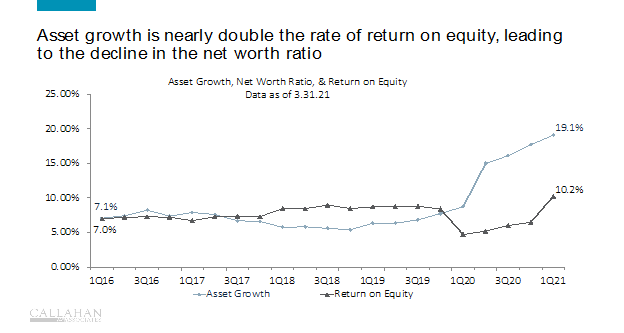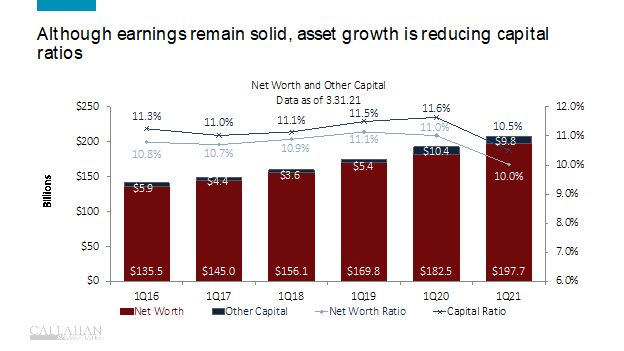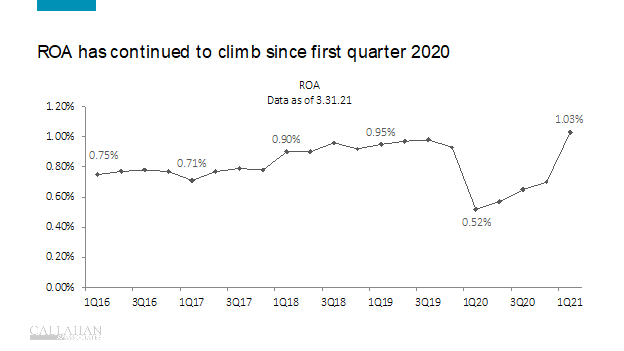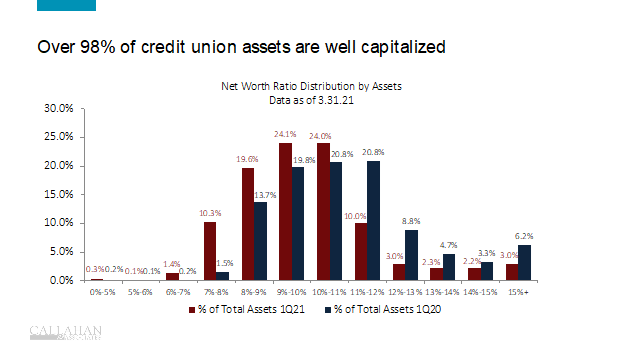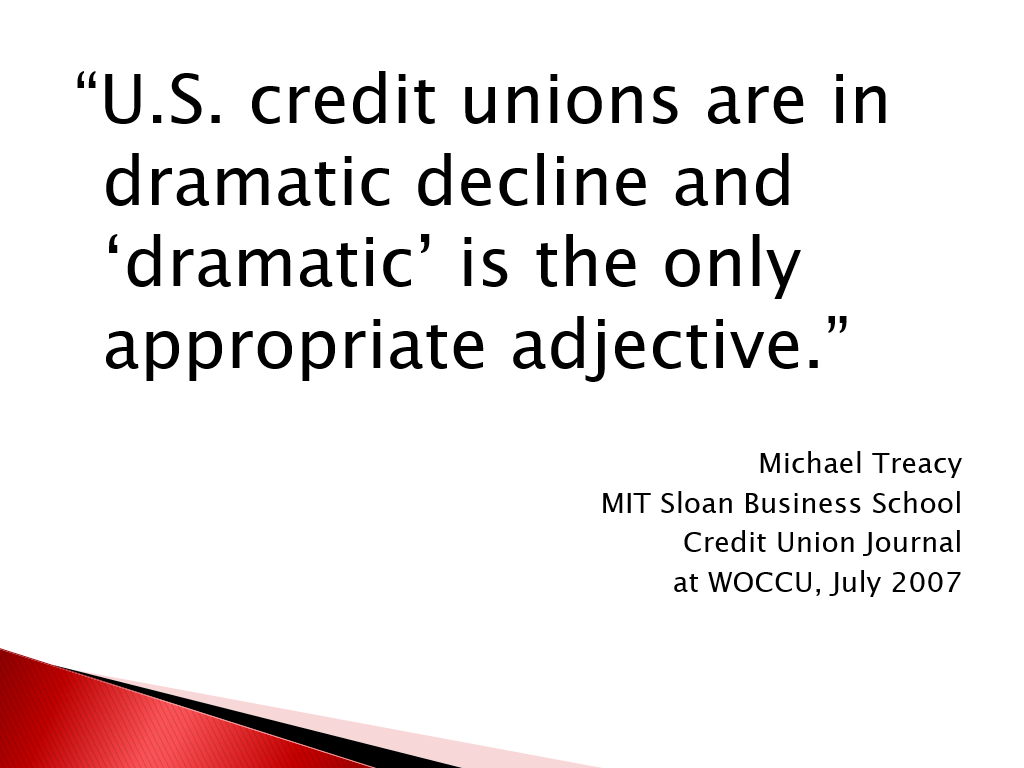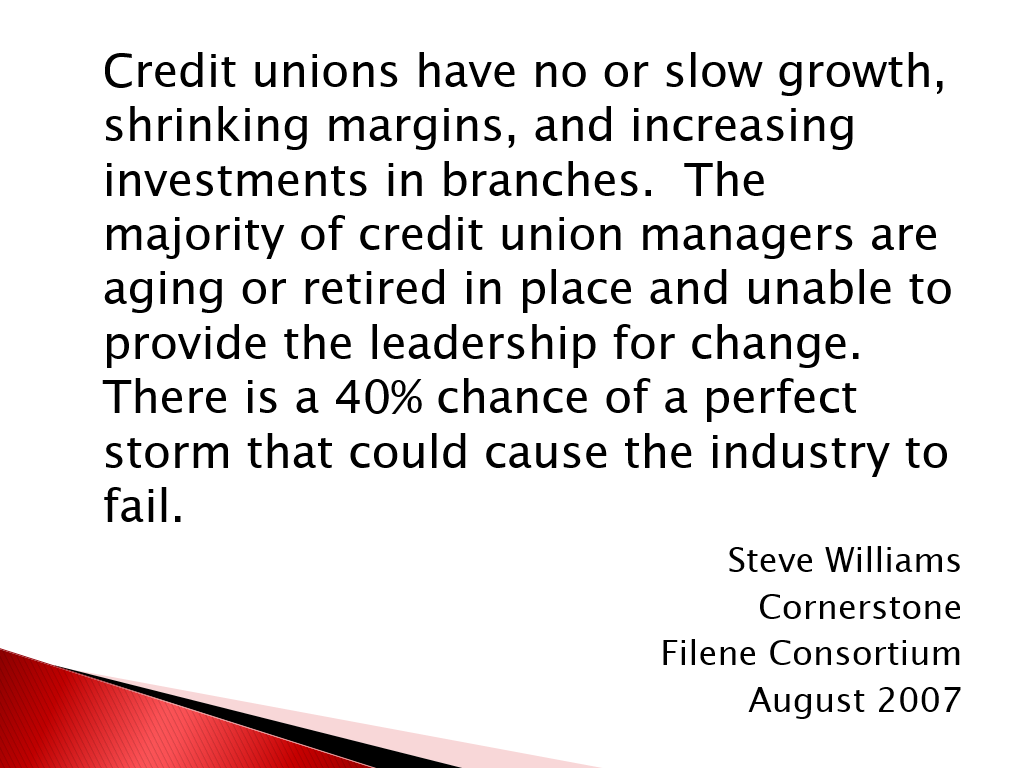This is the season for graduation addresses. A congratulatory pep talk by a distinguished speaker to students ending their time of institutional learning for real world lessons. The following are excerpts from a 2016 commencement message by Eva Braun a faculty member at St John’s college in Santa Fe, New Mexico.
To clarify the credit union relevance, I might title this portion: Local in Worldly Coordinates, Grand in Human Scope
“All over the country, speakers who accepted the invitation to talk to you on this last and first day soon began to agonize about a fit subject for this great moment So we call for aid on whatever power will come. As for me, I remembered a recent conversation, with one of our graduate students. I’ll transcribe it from my memory, abbreviated.
Student: “How will my St. John’s education help me to do what I want?”
Me: “And what’s that?”
Student: “I want to change the world.”
Me: “For the better?”
Student looks totally abashed; I’m a bit abashed as well, for being a smart-aleck. But he took it well, and the ensuing conversation was illuminating to both of us.
At this point, I want to assure you that at a thousand schools this May speakers will be alluding to this conversation. They will bid the graduates “Go forth and change the world,” or, “Go forth and make a difference.”
A language Tutorial
I say, let us have a little last-moment language tutorial. Let us, Johnnie-fashion, analyze the sentence “I want to change the world.” I, in all candor, will try to show that “I want to make a difference, I want to change the world” aren’t very sensible sentences. So here goes.
This announcement has three parts: first, I want; second, to change; third, the world.
So, first, “I want.” “I want” is about me, and if what I want is to be a “difference-maker,” it’s about my self-satisfaction. Recall yourselves as Juniors, when you struggled with Kant on morality. No one expected you to get it all. As regards Kant, this much may have stuck: He thinks that doing right is not doing what you want, but what you ought; and that, in fact, the only proof of your doing as you ought is that it hurts some, (so) that your mere wanting is thwarted. So when it’s the world I’m planning to change, maybe “I want” should yield a little to “I should.”
Second, “change.” Why exactly “change”? There are many other modes of action beside this current mantra. There’s protecting and maintaining, activating and fulfilling, restoring and reviewing. Talk of mere change is just terminally vague babble—vague promise and vague threat. Its antidote is specific thinking expressed in adequate language. That very requirement, thoughtfulness and its articulation, was an explicit aim of the Program, to which you devoted the last four years.
Third comes “the world.” It’s a big space in which to thrash about. In choosing it as the venue of my action, I’ve pretty much committed myself to the silliest of all maxims of action—another current mantra. It goes: Only if x happens, can y occur. Filling in the most common variables for this formula: “Only if the world changes radically, can little kids learn to love reading,” in other words, never guaranteed. The implied lesson is: Forget about “the world”—stay local and avoid stymieing preconditions.
What is Good?
And now the usually missing fourth part to the saying “I want to change the world,” namely, “for the better.” Your four years with us were, I think, above all intended to give you a head start in answering for yourself the most crucial of human questions: What is good? For making anything better without a view of good seems to me just groping in the murk of possibility.
. . .you’ll recognize two of the ways that the Program and the College were meant to help you with making the here better now. One was that we hope you would find in your reading the elements of your own firm view of what is good universally and therefore what is better in particular. This crystallization is surely still in process for many of you. Much more will go into it than what you learned here, but that learning will be the informing reference of your experience. That ability to specify the universal is the second of the two ways our Program readied you for great deeds.
Now, in the spirit of that specificity, I owe you an example of what I think of as actual action, local in worldly coordinates but grand in human scope.
Local Action-Grand in Human Scope
Most of you will, I’d guess, work in an office at some point. Proper offices have water coolers, Xerox-rooms, galleys with hot-plates. People spend as much time there as they dare. So post a note: “Would you be interested in reading some poetry together during lunch hour? I propose Wallace Stevens’ ‘Sunday Morning.’ Copies are on the counter. Let’s meet next Wednesday in Room 666. Bring your lunch, I’ll bring cookies. Expertise inessential. Signed…” If no one turns up, which is unlikely, keep trying. Something will come to pass.
Before I finish, I need to say that what I’ve done here isn’t quite right: I’ve told you what’s what and you’ve sat silent, except perhaps for an occasional guffaw. All my points were left unquestioned—deep metaphysical maxims such as cookies being essential to meetings and expertise inessential to poetry, and large practical claims, such as local happenings having more actuality than global commotions. Don’t let it happen to you very often, though these occasional one-way ritual performances are also necessary to human life.
So then: I wish you a life of genuine action and of actual happening, a life of as much happiness as you know what to do with—and a bit more. Go forth, find a place you can love, and help to make it “what it was always meant to be.” Go forth and change the world—for the better.”

